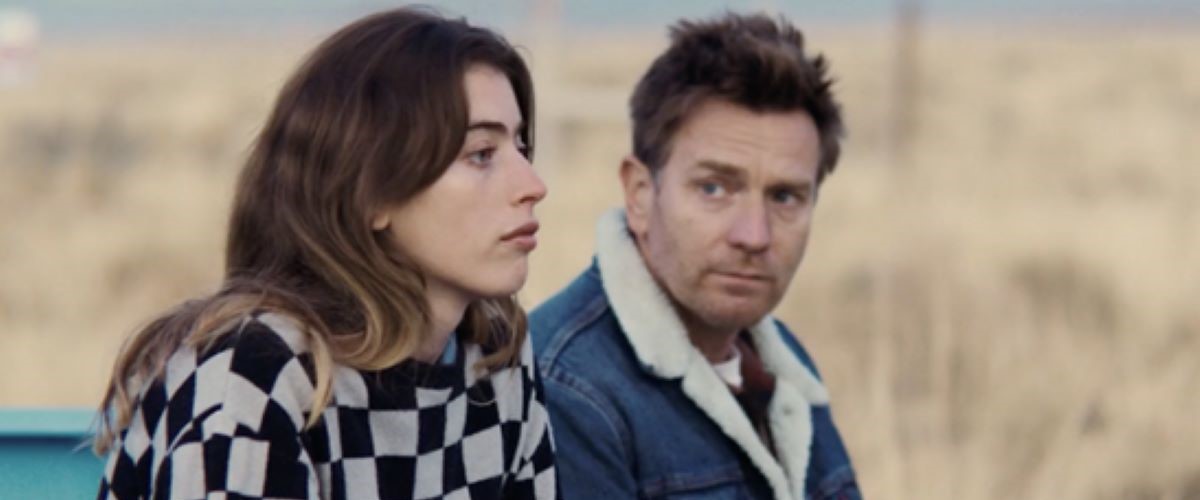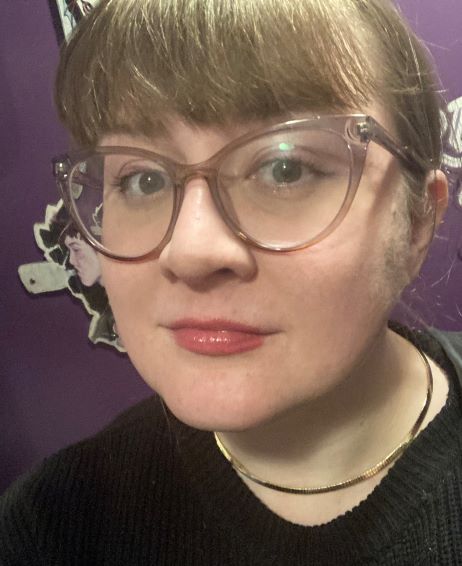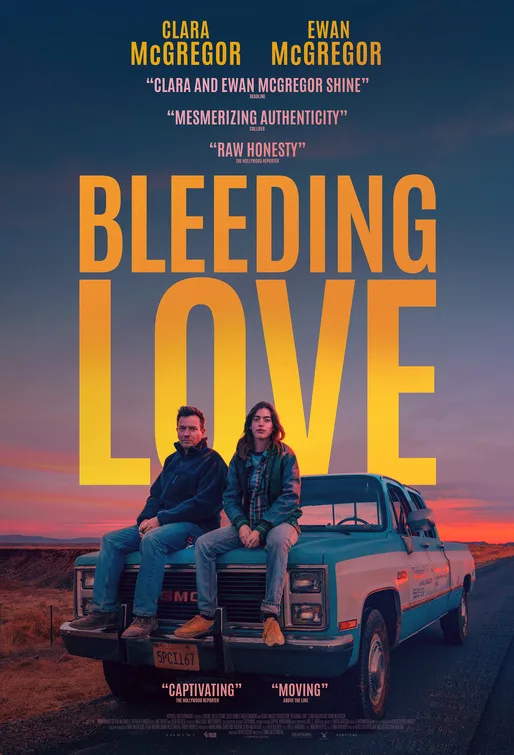In some ways, the father-daughter road trip drama “Bleeding Love” is utterly convincing. How could it not be with a real father — Ewan McGregor — and daughter — Clara Mathilde McGregor — in the lead roles? The duo’s familial chemistry is believable, obviously. And without speculating too much about the personal lives of famous strangers, elements of the characters’ dynamic parallel the stars’ own history: In the film, the father has moved on and started a new family, leaving his daughter from his first marriage behind. In real life, McGregor separated from Clara’s mother in 2017, and is now married to, and has a child with, actress Mary Elizabeth Winstead.
The lack of character names in the previous paragraph is not a writerly conceit; the script declines to name them as well, presumably to make them universal symbols of a sort. This is, in its way, a Freudian slip on the part of the film’s creative team. Because despite an engaging first hour, eventually the film devolves into a series of events that could generously be called “archetypal” — and less generously, “trite.”
Much of this drama stems from the film’s addiction plot, which shares equal importance with the estranged-parent one. As is revealed in snippets of conversation in the first third of the movie, Father is driving Daughter to “go visit an artist friend” (i.e., rehab) in the wake of her near-death by overdose the night before. This takes them on a trip through the American Southwest, where they encounter a series of quirky characters — a magical sex worker who wants to become a Broadway playwright, a tow-truck driver who moonlights as an astrologer — on the road to healing.
The first hour of “Bleeding Love” passes remarkably quickly given how little really happens, as the McGregors’ father-daughter verbal tennis games (and slow reveal of their characters’ backstory) keep the story moving. The issue with this section of the film is that first-time director Emma Westenberg doesn’t seem to know what to do with her leads when she turns her camera onto one of the eccentrics mentioned above. As a result, there is a stunning number of shots in this film of one or both McGregors watching things happen in front of them, bemused smiles on their faces. They feel like tourists in their own movie, going on an “It’s A Small World” ride of American rural poverty.
There are a lot of considered details in “Bleeding Love,” some there for aesthetic purposes and some meant to parcel out additional information about the characters and their world. Again, many of these are pleasing in the buildup phase of the story, but become groan-worthy when their final purpose is revealed. For example, throughout most of the movie, Westenberg keeps her characters hemmed in with claustrophobic framing, often inside the windshield of Father’s beat-up pickup truck. Later on, when they have learned important lessons about acceptance and forgiveness, the frame expands to reveal the wide-open spaces around them.
That last bit is technically a spoiler, but not really. How else would you expect a story about a road trip between an ex-addict father and his addict daughter to end? If it’s what you would expect, it’s what will unfold in the second half of “Bleeding Love.” It’s a film that’s been thought out but doesn’t reach any new conclusions; that assembles some good elements, but doesn’t really consider how they all fit together. The truthful elements are not enough to overcome the clumsy and cliché ones, and in the end it’s a film that’s more satisfying before you know how it ends.




















